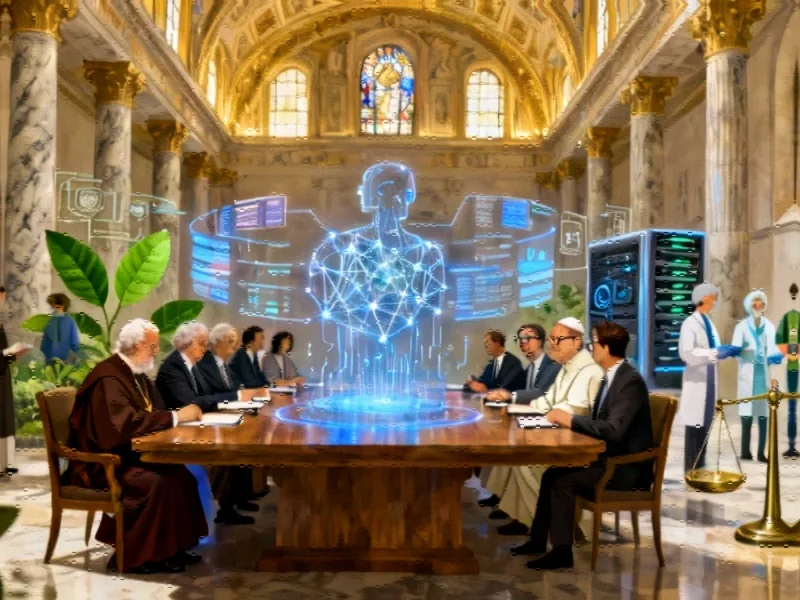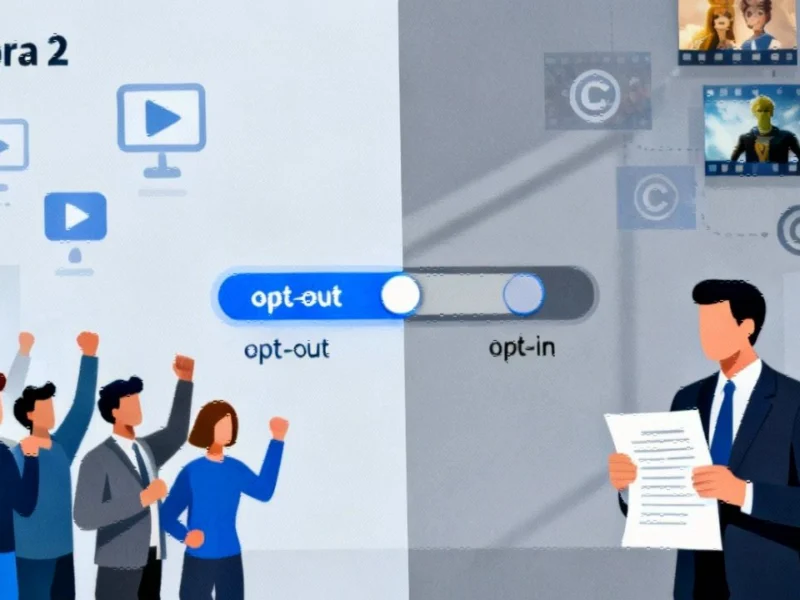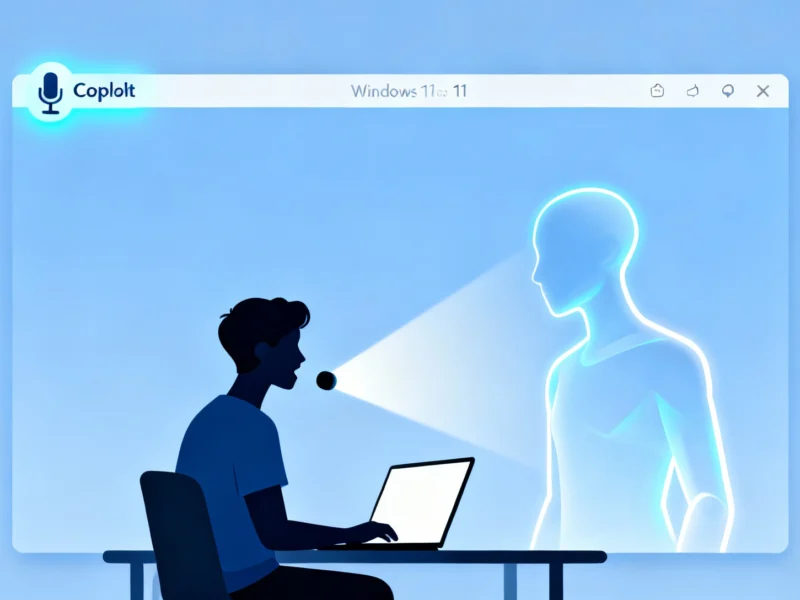Vatican Takes Center Stage in Global AI Regulation Debate
In a significant move that bridges technological advancement with ethical considerations, the Vatican recently hosted a groundbreaking summit on artificial intelligence. The event, officially titled “Digital Rerum Novarum: Artificial Intelligence for Peace, Social Justice, and Integral Human Development,” brought together leading thinkers from academia, technology, and policy spheres to address the pressing need for comprehensive AI governance frameworks.
The summit’s timing is particularly noteworthy, coming on the heels of warnings from technology leaders about the potential dangers of unregulated AI development. As detailed in our comprehensive summit coverage, the event represents a crucial intersection of technological progress and moral leadership.
Papal Perspective on Technological Progress
Pope Leo XIV, in his address to attendees, struck a balanced tone regarding artificial intelligence. While acknowledging AI as “an exceptional product of human genius,” he emphasized that it remains “above all else a tool” that must serve humanity’s broader interests. This perspective echoes growing concerns about digital governance gaps that threaten social stability worldwide.
The American-born pontiff’s message highlighted the dual nature of AI’s potential—both promising and problematic—while calling for technology to contribute to “a more authentically just and human global society.”
Key Summit Themes and Recommendations
Participants at the Vatican gathering identified several critical areas requiring immediate attention and coordinated action:
- Global Regulatory Framework: The need for binding international agreements with enforcement mechanisms suited to the digital age
- Environmental Sustainability: Addressing the significant energy consumption of datacenters and AI infrastructure
- Social Justice: Ensuring fair distribution of AI’s benefits across socioeconomic strata
- Workforce Transformation: Preparing for AI’s impact on employment through retraining and social safety nets
These discussions around strategic technology frameworks reflect broader global conversations about how to structure technological advancement within ethical boundaries.
Practical Solutions and Policy Recommendations
The summit proposed several concrete measures to address the challenges posed by AI development:
- Universal Basic Income and Basic Capital: Economic safety nets to cushion workforce displacement
- Technology as Global Social Good: Framing technological progress as a shared human inheritance
- Multi-stakeholder Cooperation: Collaboration between workers, employers, scientists, and governments
These proposals come amid significant industry developments in technology infrastructure and investment patterns.
Notable Participants and Absences
The speaker list featured a diverse array of perspectives, with academic representation from prestigious institutions including Harvard, Notre Dame, Princeton, and MIT. European and Latin American scholars joined NGO representatives, think tank experts, and political figures in the discussions.
Technology industry representation was selective, with Microsoft’s Jaron Lanier and HCL Tech’s Heather Domin participating in sessions. However, the absence of senior executives from other major technology firms raised questions about industry-wide commitment to these ethical discussions.
Broader Implications for Global AI Governance
The Vatican summit represents a significant milestone in the ongoing conversation about artificial intelligence’s role in society. By bringing theological and ethical perspectives to the forefront, the event challenges the technology sector to consider dimensions beyond pure innovation and profit.
As global powers continue to develop their approaches to AI regulation and governance, the moral framework proposed by the Vatican offers a valuable counterpoint to purely economic or strategic considerations. The summit’s call for binding international agreements reflects growing recognition that effective AI governance requires cooperation across national, corporate, and cultural boundaries.
The lasting impact of this gathering may well be in its demonstration that technological progress and ethical consideration need not be opposing forces, but can instead work in concert to create a more equitable and human-centered technological future.
This article aggregates information from publicly available sources. All trademarks and copyrights belong to their respective owners.
Note: Featured image is for illustrative purposes only and does not represent any specific product, service, or entity mentioned in this article.



